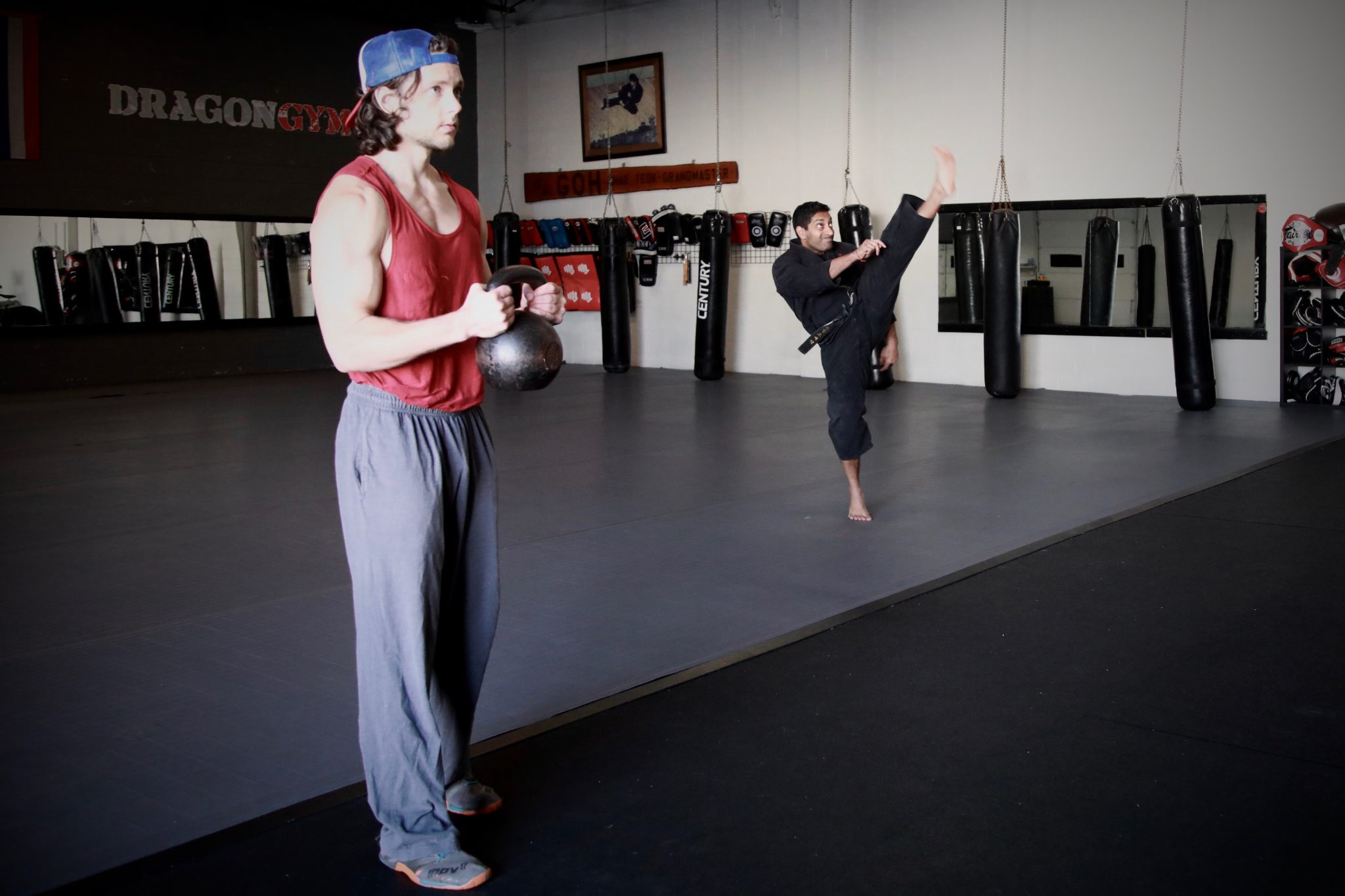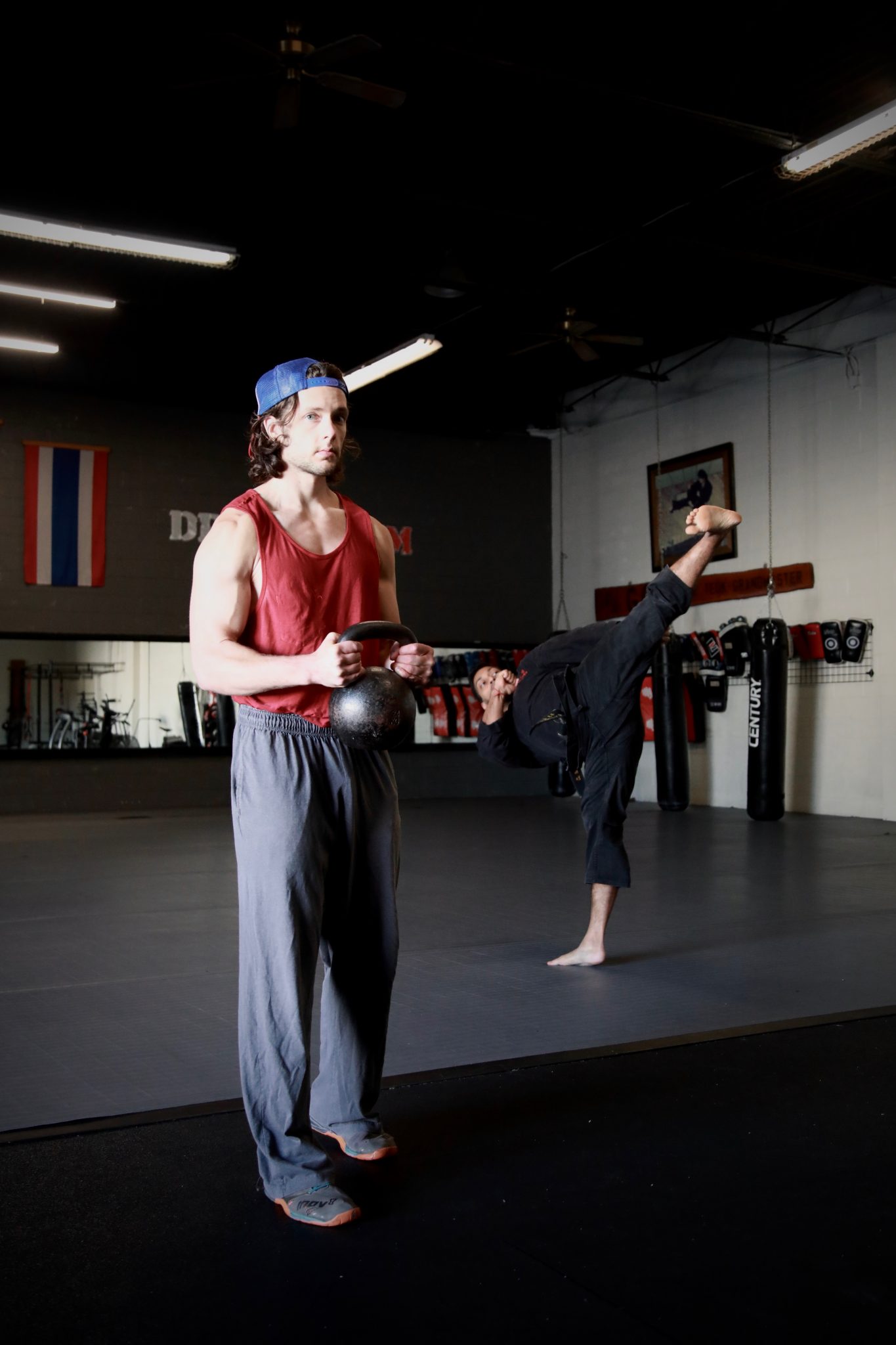
As humans we tend to value freedom. It’s just this thing that many of us like; to be able to make decisions for ourselves, to not be under somebody’s thumb, telling us what to do all the time. Many of us would say freedom is the ultimate good. Because without freedom, we’re not really human. With me so far?
Well, here’s the thing. Freedom without discipline is not worth all that much and is hardly freedom at all–that is, if you’re asking me. Because freedom of indifference–freedom for the sake of making our own choices, disciplined or not–is no guarantee of a life that is full of both purpose and meaning. Many people have freedom and many people will say their lives are a mess. They’re unhealthy, they’re unhappy, and their children call only on holidays, if they call at all. There must be something going on here. What is it?
People want freedom to make their own choices–I get that, and I’m certainly one of them–but sometimes people don’t question if the choices they’re making, should be left entirely up to them. That’s freedom of indifference: You don’t tell me what to do, I won’t tell you what to do, and we’ll all just get along. Again, there’s something to this; it’s the stuff all good constitutions are made of.
But there’s also this other kind of freedom, a freedom that, I believe, has the power to set a person free in a sense that is so much higher and better, and this freedom comes not by providing more choices, but by taking choices away, by living life according to a set of rules and procedures and habits.
This other kind of freedom is freedom for excellence. This is the freedom that comes from discipline; freedom from taming desires, impulses, and irrationality.
Freedom for excellence isn’t just the power to move in two opposite directions like freedom of indifference, but the power to pursue goodness and beauty and truth, the power to pursue all things that are fantastic and worth having. Freedom for excellence, to use philosophical jargon, is “the disciplining of desires to make the good, at first, possible, and then, effortless.”
Take fitness, for example. On freedom of indifference, you have every right to choose not to be fit. You can eat healthy, or not. You can move healthy, or not. But how much freedom does the “not” give you? How much freedom does an overweight, unhealthy, person have?
On the other hand, freedom for excellence is choosing only what is good, which necessarily involves the willful submission to a particular way of life, a disciplined way of life. You gain freedom by limiting freedom, and by not acting in whatever winsome way you choose.
For fitness, you gain freedom by disciplining your body. And by fitness you are free; free to wrestle your kids, to carry groceries, to kick above your head.

Freedom of excellence grants freedoms that freedom of indifference denies.
A few more examples:
You are free to play the guitar when you learn your scales and modes and chords. You are free to speak French when you’ve studied syntax, vocabulary, and so on. You are free to balance on your hands when you’ve spent hours trying to do so and not succeeding. This is freedom of excellence. Freedom of indifference may choose otherwise.
People tend to overvalue freedom of indifference, and undervalue freedom of excellence–many do not even know the difference exists.
So let me re-iterate: While I agree no person should impose upon another person their will, it’s silly to think freedom of indifference is the only thing a person needs for a life that is super meaningful. I actually reject that idea. I think freedom of excellence is what a person needs for a life that is super meaningful.
But how to go about this?
The answer is to take less freedom now, so you can have more later. To become subservient to a set of rules, habits, behaviors and disciplines that prepare the body and mind for acquiring skills, experience, knowledge, and power.
In fitness, freedom of excellence means disciplining the body in all ways eligible: Strength, muscle, mobility, power, endurance, and speed. To develop only one of these is to have as much freedom as the person who can only speak one language, instead of five. Ability is akin to freedom.
(You should already know what I’m going to recommend for this: Strong ON!)
But what about for things not related to fitness? What about the spiritual side and all the virtues we’ve been talking about–prudence, temperance, justice, and fortitude? Well, certainly, some of them can come from fitness. But a some of them can’t.
To live a virtuous life, and to live a spiritual life, also means submitting yourself to a set of rules. Just like the person who wants the freedom of fitness and health must limit their freedom to not eat and act in whatever unproductive ways they may choose, so, too, must the spiritual life drag along a certain series of disciplines.
People sometimes balk at religion because they feel it’s too much about the rules, too much about other people telling them what to do. But can somebody please give me a break? Hire a coach in anything, and tell me they’re not going to give you a set of rules.
– Pat
Resources and Further Reading
Strong ON! – For freedom of excellence in fitness
This post originally appeared as one of my emails. So fi you enjoyed it, and want more, you can join my mailing list at 101kettlebellworkouts.com
Wow! This makes sense. I don’t know how old you are but you are very wise! Thank you.
Marie
Thanks, Marie!